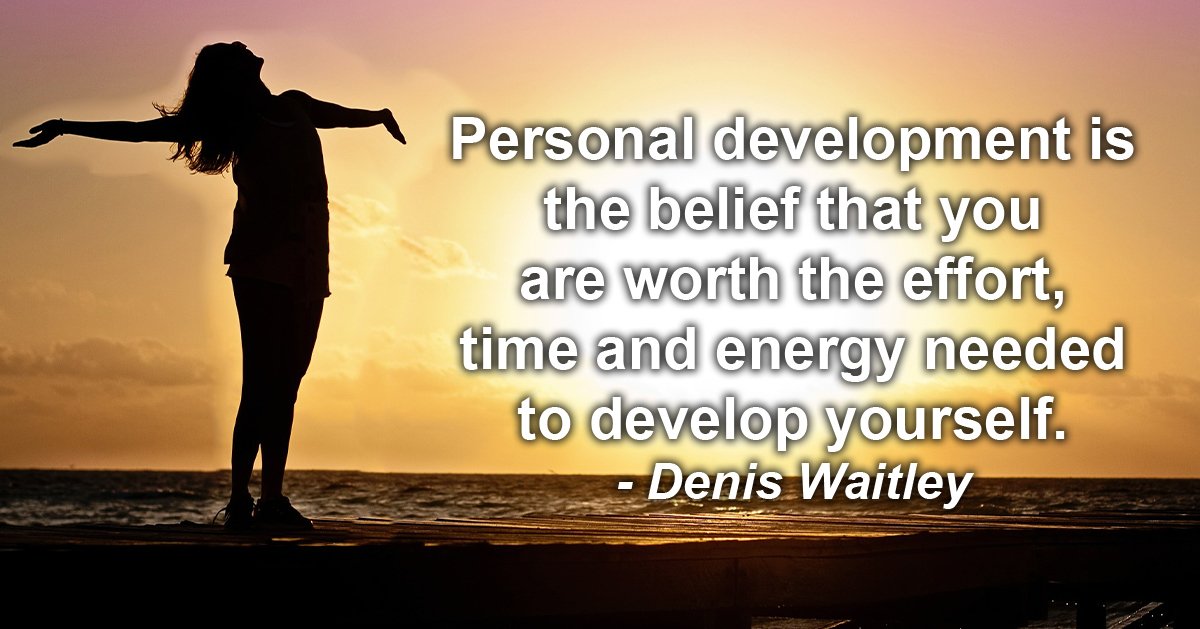Do you struggle to stay motivated and focused on your personal development goals? Do you often struggle to maintain your enthusiasm for making positive changes in your life?
If so, you may need to work on cultivating a positive mindset. A positive mindset allows you to overcome setbacks and challenges, stay motivated, and ultimately succeed in your personal development journey.
Why Cultivating a Positive Mindset is Essential
With a positive mindset, you are more likely to see the opportunities before you when challenged rather than as insurmountable obstacles. You’re also more likely to stay motivated and committed to your goals, even when facing setbacks or challenges.
Another benefit of cultivating a positive mindset is boosting your sense of well-being. Multiple studies indicate that people who cultivate a positive mindset experience less stress, have better physical health, and greater life satisfaction. A positive mindset lowers levels of anxiety and depression and improves your mental health.
The Power of Gratitude and Optimism
Gratitude and optimism are two key elements of a positive mindset. When you’re grateful, you focus on the positive things in your life rather than the negative, boosting your well-being and happiness. Similarly, when you’re optimistic, your positive outlook on life ensures you see the best in people and situations.
Practical Tips for Cultivating a Positive Mindset
Cultivating a positive mindset requires deliberate effort to focus on the positive factors in any situation while letting go of negative thoughts and beliefs. Here are some practical tips for cultivating a more positive mindset so that you aren’t overwhelmed or feeling negative all the time.
- Practice gratitude: Take time each day to reflect on what you are grateful for in your life, shifting your focus to the positive and increasing your well-being.
- Practice positive affirmations: Positive affirmations focus your mind on the positive aspects of yourself and your life. Repeat them to yourself each day. Make them fit the situation. For example, “I’m capable of achieving my goals” or “I am worthy of love and success.”
- Surround yourself with positive people: Surround yourself with folks who are also positive to keep motivation alive so you can focus on your goals. Seek relationships with supportive and encouraging folks who share your values and goals.
- Focus on solutions, not problems: When facing a challenge, focus on finding solutions rather than on the problem itself, keeping you motivated to discover new ways to overcome obstacles.
- Take care of yourself: Taking care of yourself physically, mentally, and emotionally is essential for cultivating a positive mindset by sleeping enough, moving, and participating in the things that bring you joy and fulfillment.
Growth requires maintaining a positive frame of mind. Embracing a can-do attitude makes it more possible to see bumps in the road as potential opportunities while remaining enthusiastic and increasing your life satisfaction and happiness.





